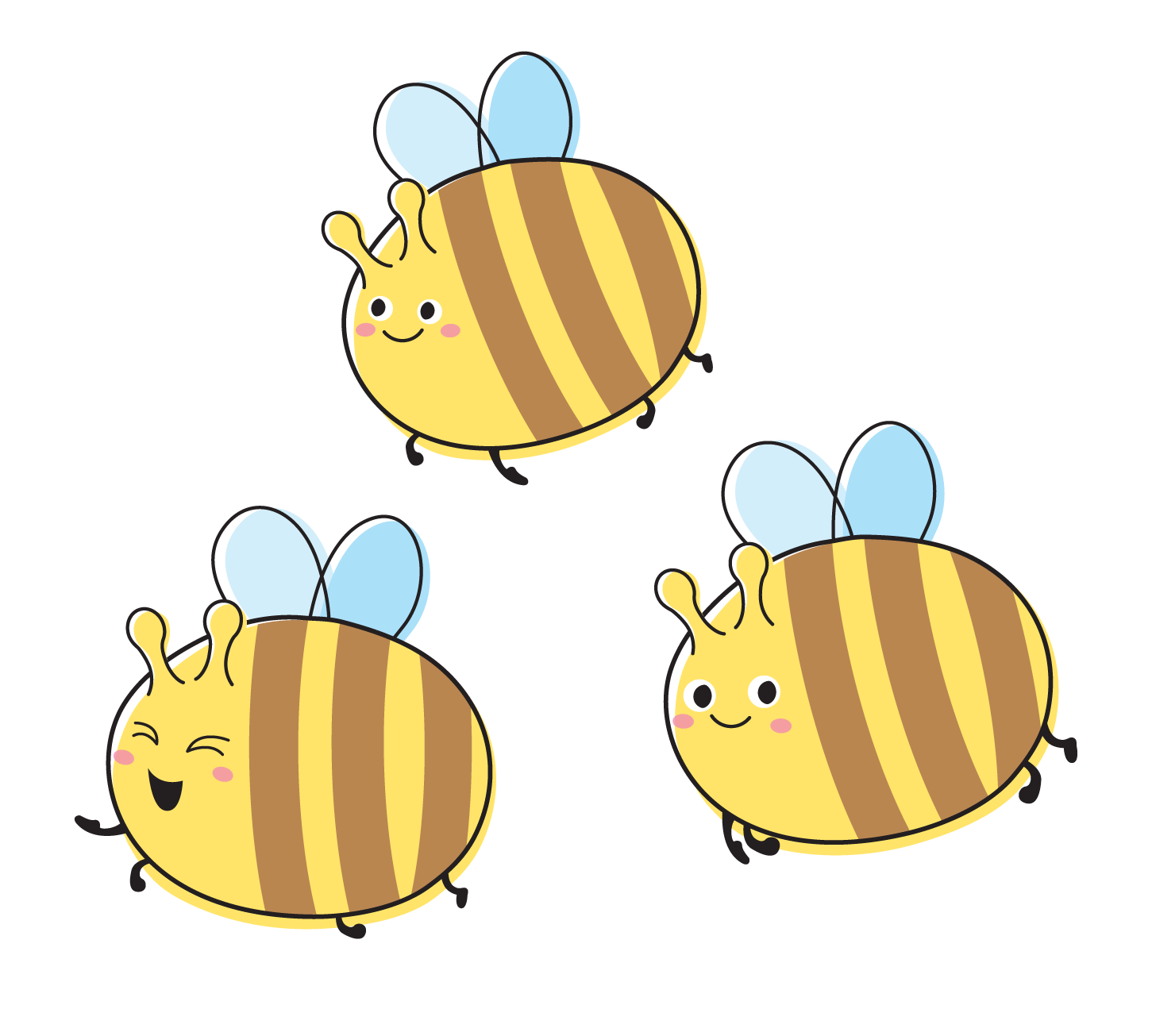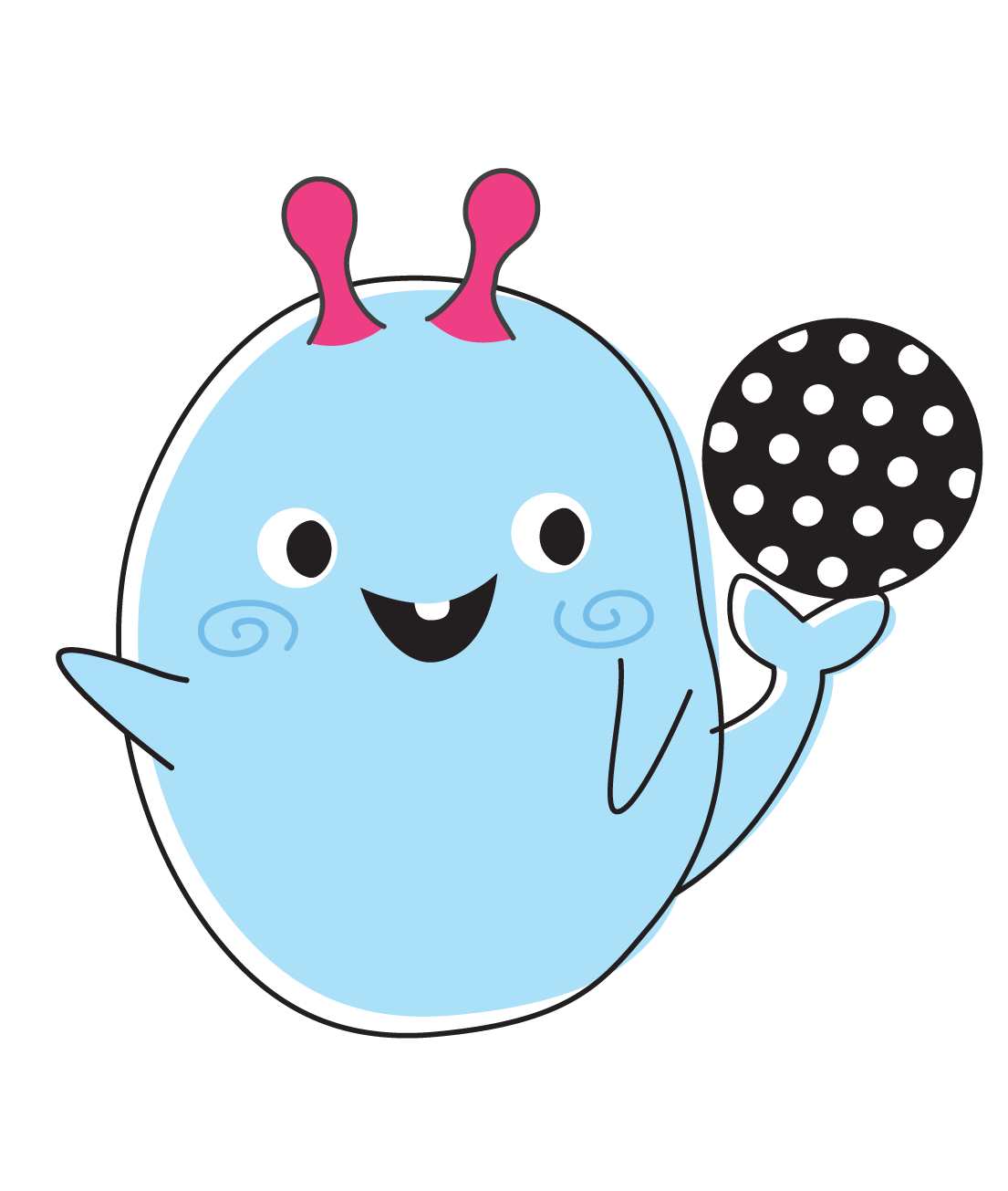Reggio Emilia and Creativity
A: Creativity is as important as literacy in today’s age, distinguishing us from artificial intelligence devices – we are human beings and individually unique. Creativity means we have imagination and are able to come up with new ideas.
A: The Reggio Emilia inspired approach, which sees children as the protagonists of their own learning supports the way children use their creativity. Using the environment as the third teacher to motivate and inspire children’s learning, children in Reggio Emilia inspired settings are provided with numerous hands-on learning provocations to support their individual interests, and have the freedom to share their own thoughts and ideas.
A: Materials which are open-ended enable children to be completely engrossed in their play. A small piece of wood can instantly become a cookie, a burger, a slice of tomato or cucumber, a pancake, a slice of cheese or even a plate. The possibilities of open ended resources are endless, and there are few limits on a child’s imagination.
Children are always naturally curious and creative.
A: Art and creativity go hand in hand – rather than all children doing the same thing, the process becomes more important than the product, and through shared collaborative artwork, children build their interaction and language skills as they work and play together. Each child’s individual artwork is respected in its own right, and often a child will be able to explain the rationale behind their masterpieces, explaining that it’s a plane, or why they have used certain colours.
A: As children are engaged in play based activities such as water play, they are using their curiosity as they are figuring out mathematical concepts while measuring and pouring water, considering the changes in volume and seeing the cause and effect of relationships. Water play also allows scientific exploration as children have ample opportunity to see water absorption and changes in state as ice melts! As children do so, they are constructing their own theories about how things might work.
A: As children construct their own knowledge through small projects such as food, dinosaurs, restaurant, science, pets – they engage in play and this builds upon their current perspectives, recognising that knowledge can be gained from a number of different ways. This enables children to cultivate their curiosity, creativity and confidence, so they are ready for any task they may encounter. In this way adults foster children’s resilience – connection is the key.
A: Adults can encourage imaginative thinking as children create and construct their own scenarios and stories. Language skills are expanded as children talk about their ideas and experiences with their friends and parents. Not all children learn in the same way, and the Reggio inspired approach allows for children to express themselves in numerous ways, known as the “100 languages” which helps children develop confidence and creativity.
A: The next time your child asks you about how to grow a plant, you can extend that interest and ask them further questions related to the theme. You might be surprised by exactly how much they actually already know! Allowing children to have the opportunity to explore and find out things for themselves helps support how they build their core skills, supporting transitions in day to day life.



